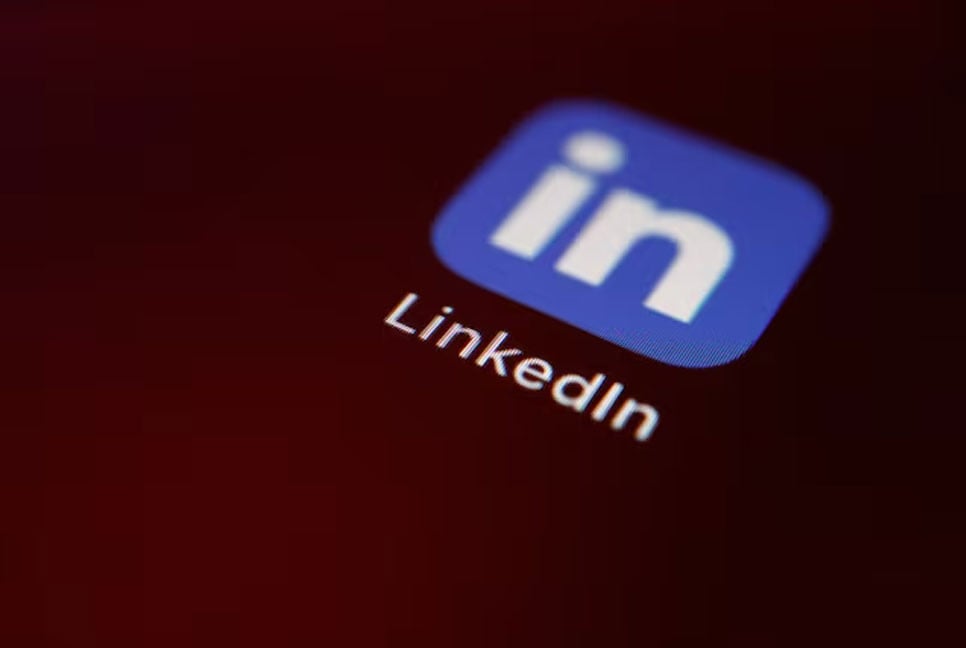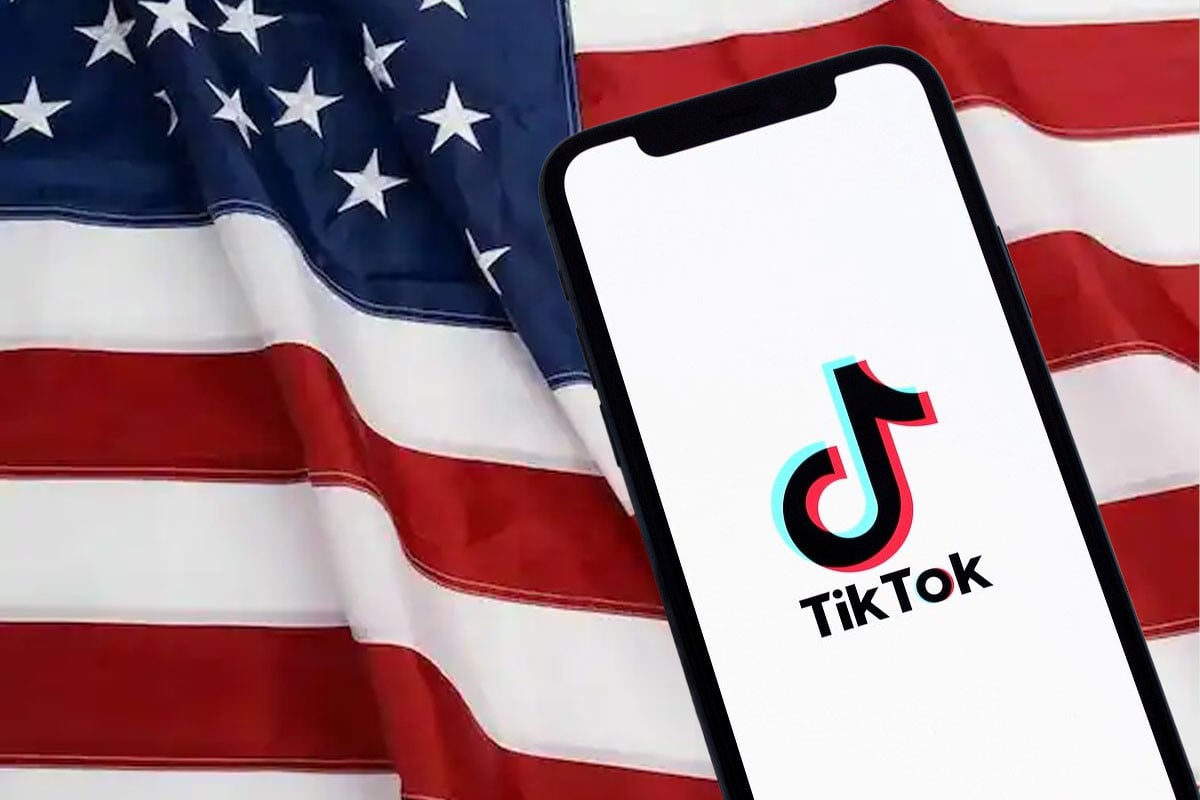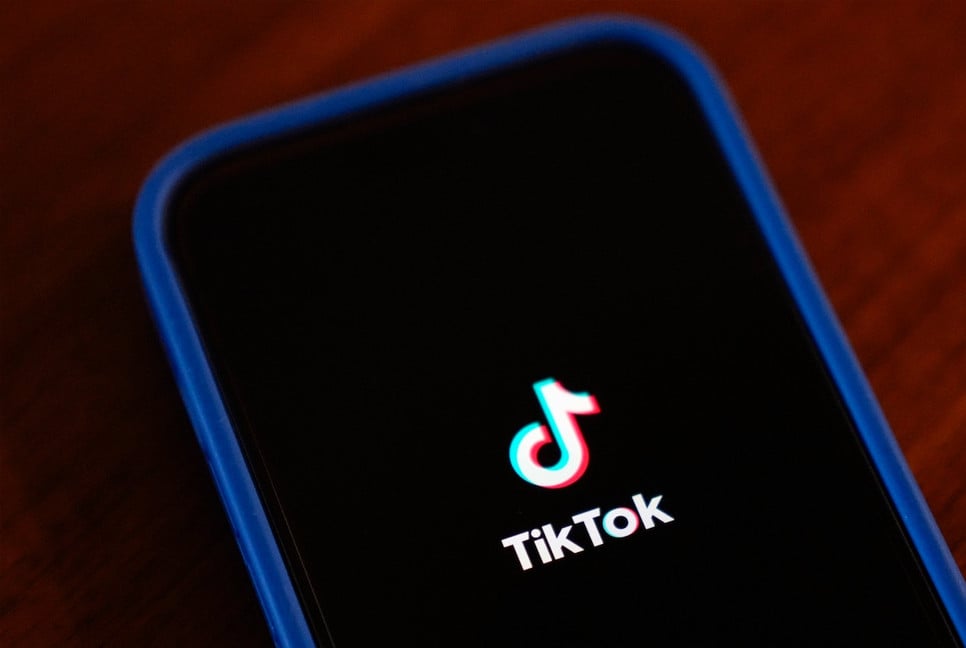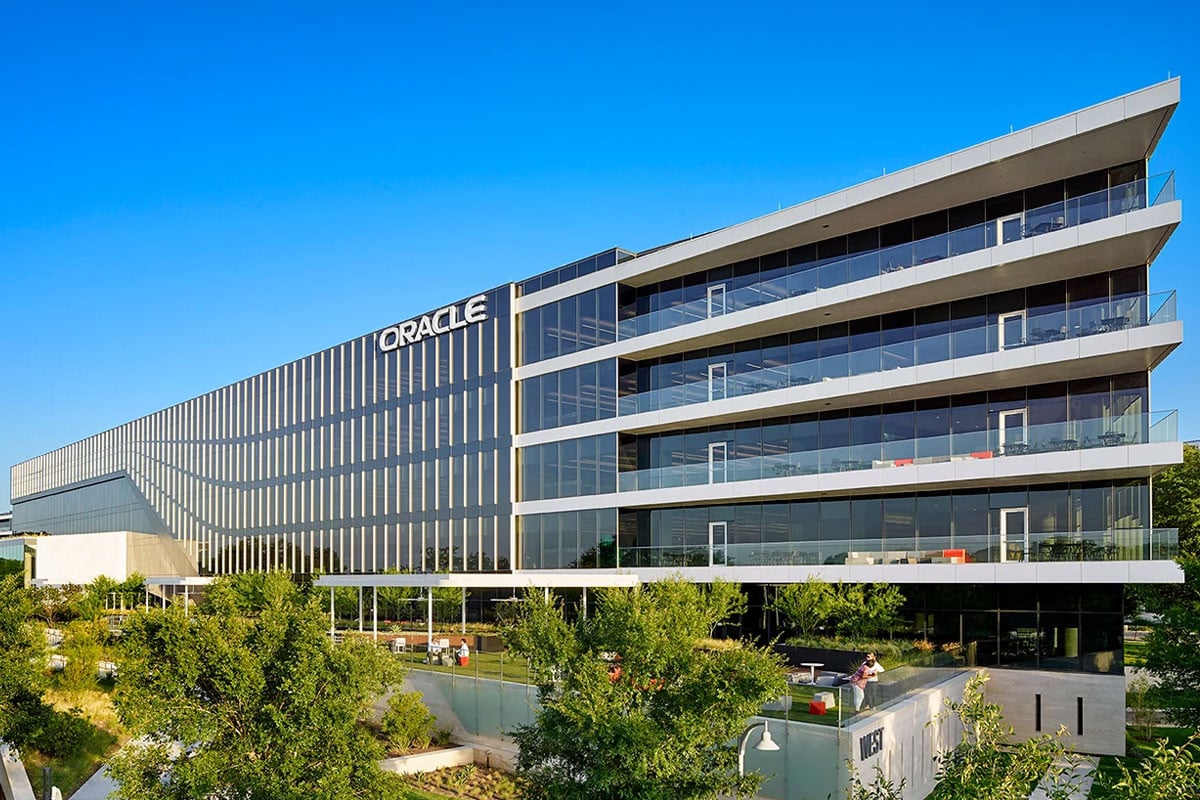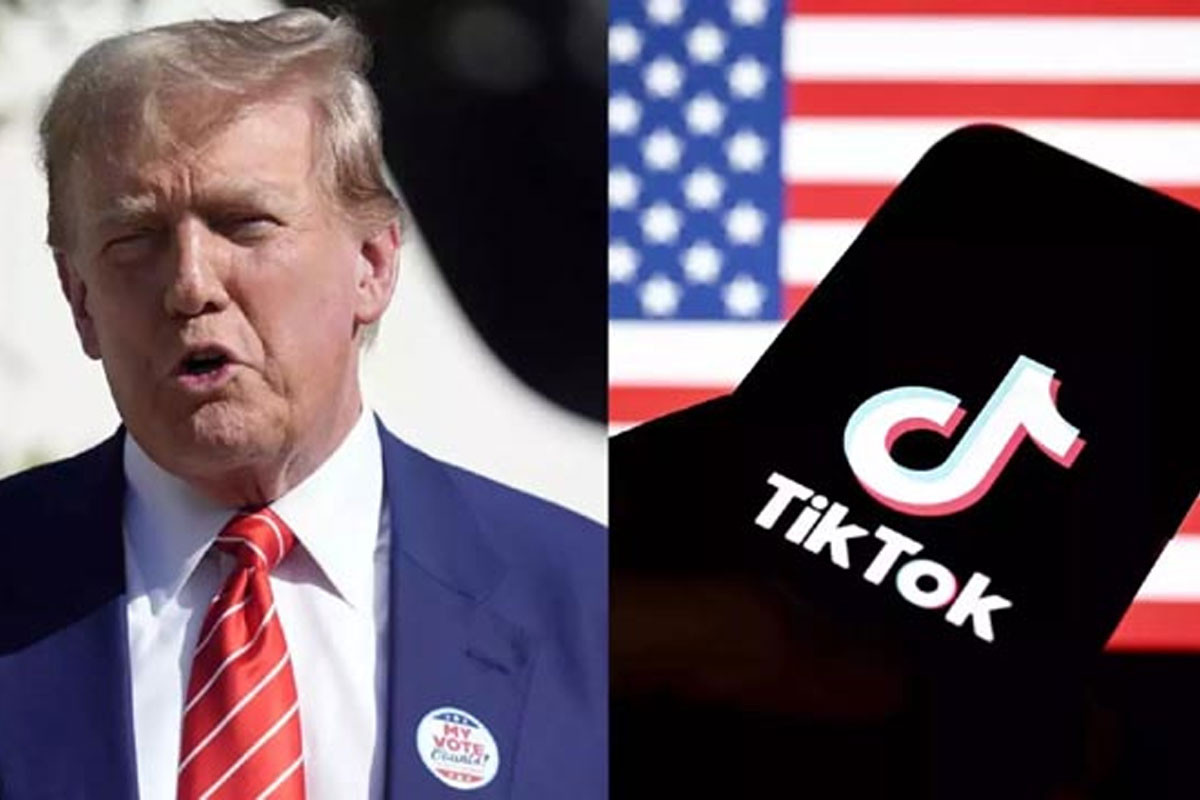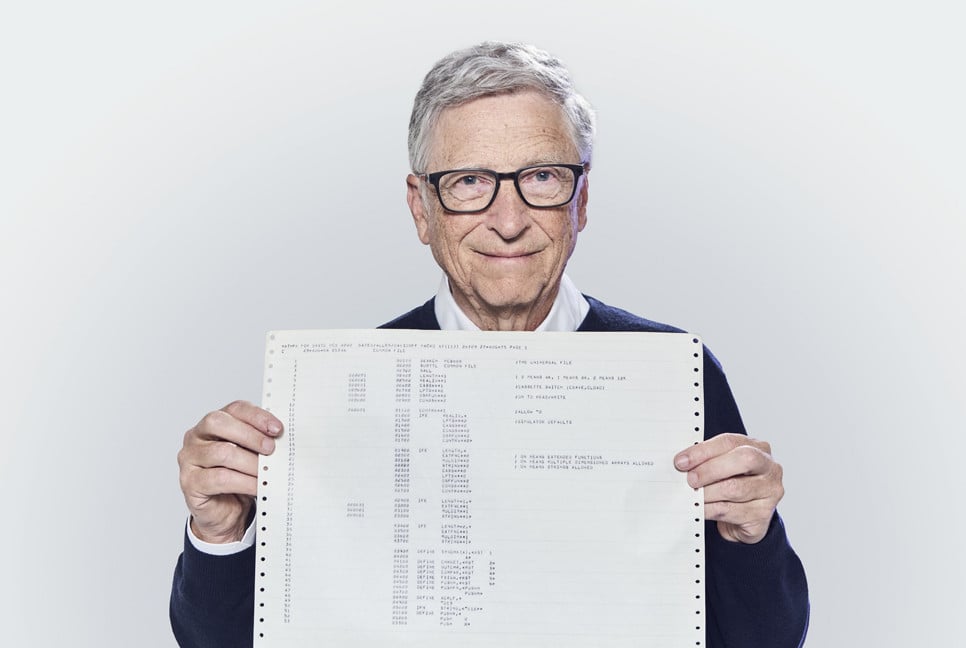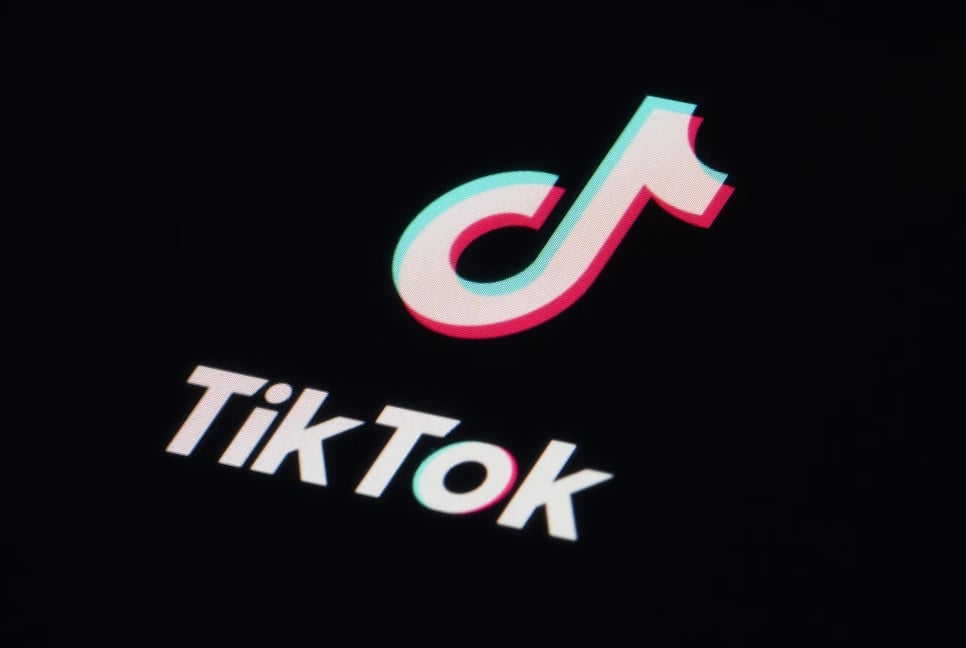LinkedIn is facing legal action from Premium customers who allege the professional networking platform disclosed their private messages to third parties without consent to train generative artificial intelligence models.
The proposed class action, filed late Tuesday on behalf of millions of LinkedIn Premium subscribers, claims the platform introduced a privacy setting in August allowing users to opt in or out of data sharing. However, LinkedIn allegedly updated its privacy policy on September 18 to state that user data could be used to train AI models. An associated FAQ suggested that opting out would not affect data already used for AI training.
According to the complaint, this sequence of actions reflects an attempt by LinkedIn to “cover its tracks,” implying the company knowingly violated user privacy and its prior assurances that personal data would be used solely to enhance the platform. The lawsuit accuses LinkedIn of attempting to avoid public scrutiny and potential legal consequences.
Filed in the federal court in San Jose, California, the lawsuit represents LinkedIn Premium users who sent or received InMail messages and whose information was allegedly shared for AI training before the updated privacy policy’s introduction. The plaintiffs seek unspecified damages for breach of contract and violations of California’s unfair competition law, alongside $1,000 per individual under the federal Stored Communications Act.
Responding to the lawsuit, LinkedIn stated: “These are false claims with no merit.” A lawyer for the plaintiffs declined to provide additional comments.
Notably, the lawsuit emerged shortly after U.S. President Donald Trump announced a joint venture involving Microsoft-backed OpenAI, Oracle, and SoftBank, aiming to invest up to $500 billion in U.S.-based AI infrastructure.
The case is De La Torre v. LinkedIn Corp, U.S. District Court, Northern District of California, No. 25-00709.
Bd-pratidin English/ Jisan

